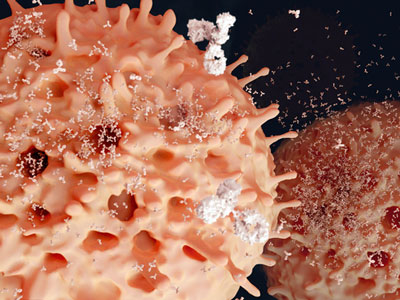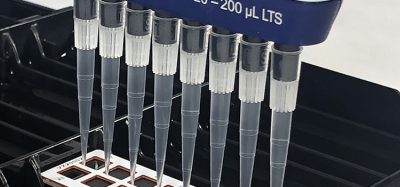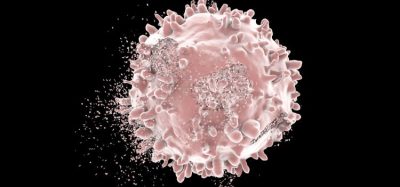FDA grants Fast Track designation to Shire’s Cinryze
Posted: 13 October 2015 | | No comments yet
Cinryze is being studied as an adjunct treatment to Donor Specific Antibodies (DSA) reduction therapy in kidney transplant patients with acute antibody mediated rejection…


The US Food and Drug Administration (FDA) has granted Fast Track designation for the investigation of Shire’s Cinryze (C1 esterase inhibitor [human]) for intravenous administration in subjects with Antibody Mediated Rejection (AMR) in renal transplant recipients.
Cinryze is being studied as an adjunct treatment to Donor Specific Antibodies (DSA) reduction therapy in kidney transplant patients with acute AMR.
“There are currently no approved therapies for Antibody Mediated Rejection, a life-threatening and debilitating condition which can manifest in patients receiving kidney transplants,” said Philip J. Vickers, Ph.D., Head of Research and Development at Shire. “The Fast Track designation represents an understanding of the significant unmet medical need for this condition.”
Shire to start enrolling patients in a Phase 3 study of Cinryze at the end of this month
Shire is planning a Phase 3 study to evaluate the efficacy of Cinryze as an adjunct to DSA reduction therapy for the treatment of acute AMR in kidney transplant recipients. The trial will be conducted in the US, Europe and Canada and the study will open for enrolment by the end of October 2015.
The FDA’s Fast Track programme is designed to facilitate the development and expedite the review of drugs that address serious or life-threatening conditions and that demonstrate the potential to address unmet medical needs. Fast Track designation may provide increased opportunities to interact and meet with FDA, and potentially increases the likelihood of being eligible for priority review if relevant criteria are met.
Cinryze is currently only approved for routine prophylaxis against angioedema attacks in adolescent and adult patients with Hereditary Angioedema (HAE).








